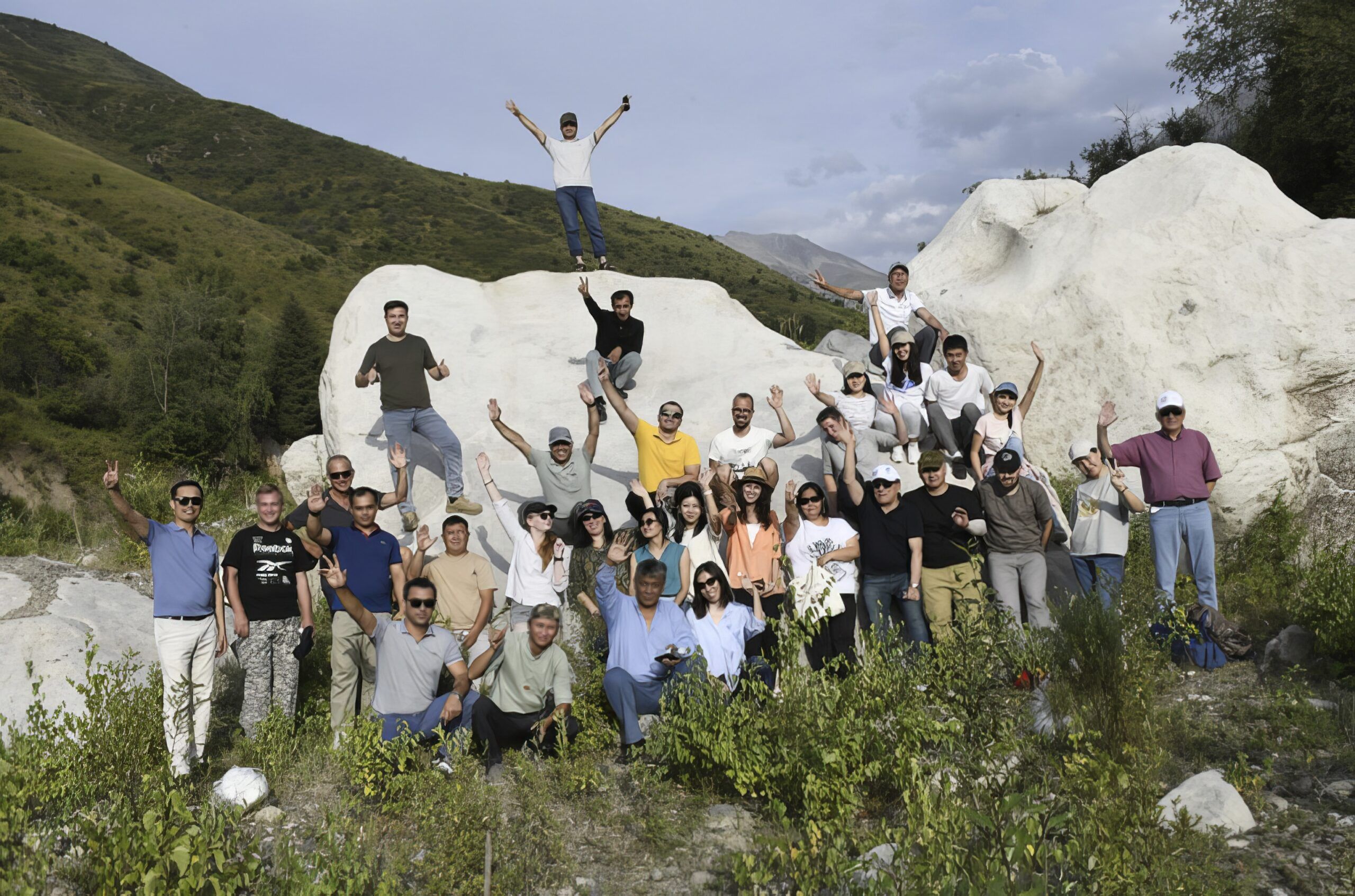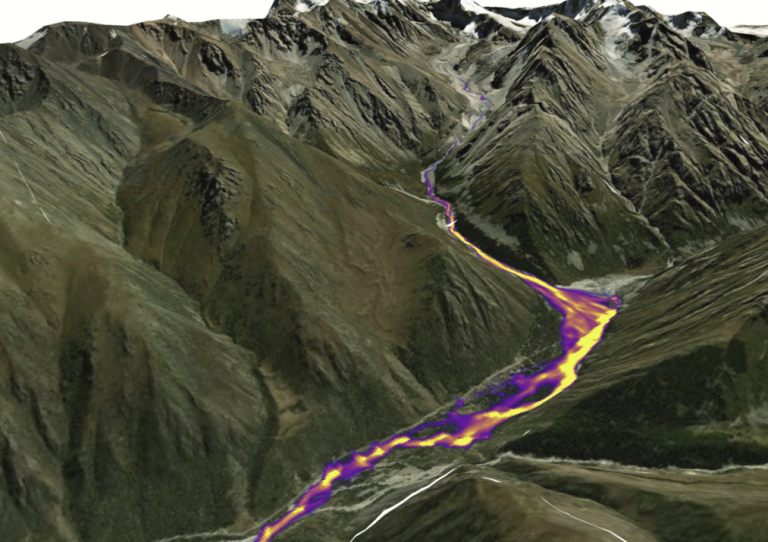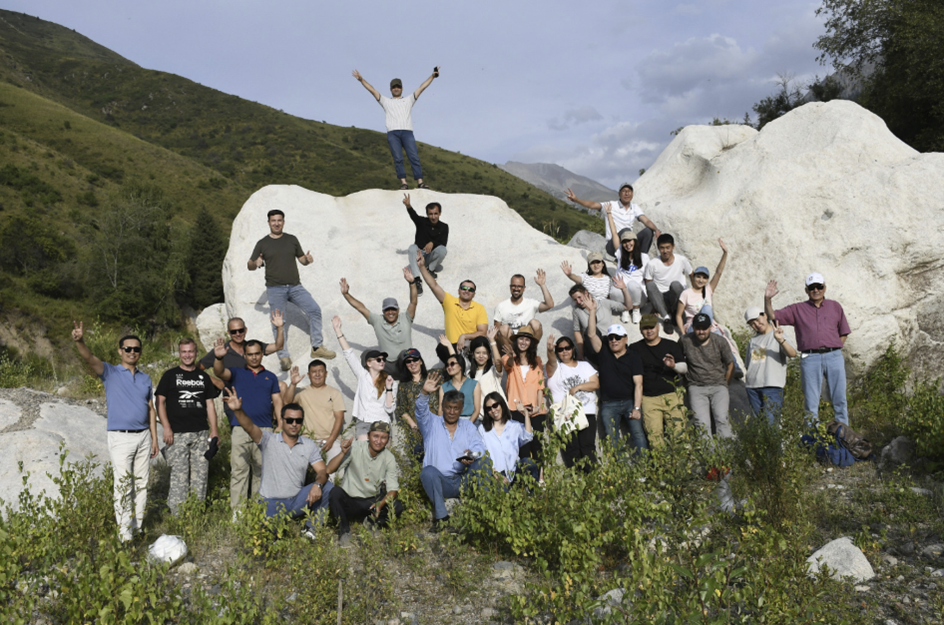
Technical Training Events
Comprehensive Training on RAMMS-Based GLOF Modelling and Early Warning Systems: Strengthening Regional Expertise, Cross-Border Collaboration, and Risk Mitigation Strategies in Central Asia
Training on GLOF modelling with RAMMS
In July 2022, the UNESCO Regional Office in Almaty, together with the University of Zurich, SLF Davos and Kazselezashita, organised a regional training on Glacier Lake Outburst Flood (GLOF) modelling using the RAMMS software. The workshop brought together 25 participants from national authorities, research centres and universities across Central Asia, combining lectures, hands-on simulations, and a field visit to Talgar to study GLOF dynamics and mitigation measures.
Participants gained practical skills to run independent numerical simulations, including for the four GLOFCA pilot sites, and received four-year RAMMS licences with continued expert support. The training not only strengthened technical capacity for GLOF risk assessment but also fostered new regional partnerships and cooperation within the GLOFCA framework.
The recorded sessions are available below.

4. Webinar on Disaster Risk Reduction and Management

3. Webinar on Disaster Risk Reduction and Management

2. Webinar on Disaster Risk Reduction and Management

1. Webinar on Disaster Risk Reduction and Management

4. Webinar on Disaster Risk Reduction and Management

3. Webinar on Disaster Risk Reduction and Management

2. Webinar on Disaster Risk Reduction and Management

1. Webinar on Disaster Risk Reduction and Management
Webinar series on EWS with regional and international experts
In April 2023, the University of Zurich, under invitation from UNESCO Almaty, held a regional webinar series on Early Warning Systems (EWS) for Glacier Lake Outburst Floods. The events brought together 92 participants from Central Asia and beyond, including national speakers and international experts who shared lessons from China, Peru, and Switzerland. The series provided a platform to review project progress, exchange regional experience, and prepare for upcoming field activities.





